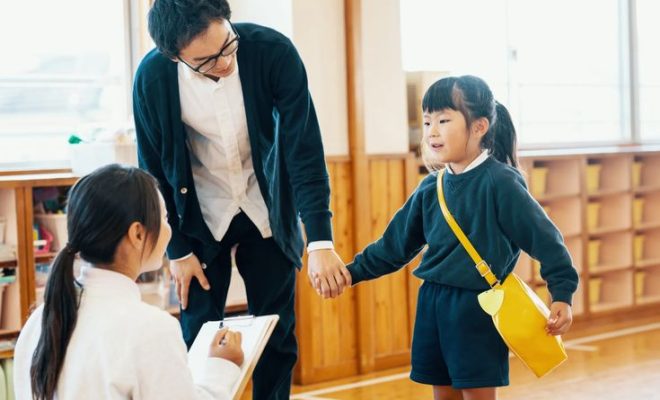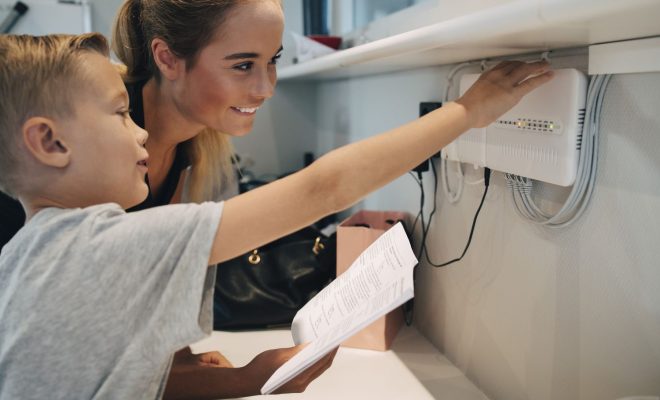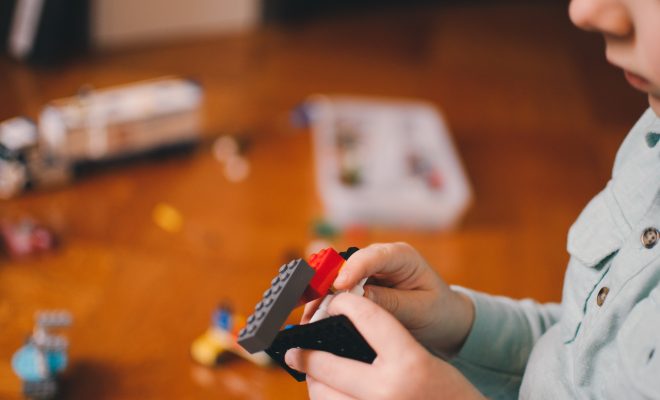How to Raise Your Child to Be a Good Friend

Friendship has been shown in studies to improve one’s mental and physical health, academic performance, and self-esteem. As a consequence, educating your children on how to make friends is critical to their overall well-being. While you may believe that friendship comes naturally to children, they must be taught how to be good friends and how to nurture their friendships.
- Model Relationship
First and foremost, you must be a buddy role model. The most effective technique for youngsters to learn how to be good friends is to observe their parents acting in this capacity. Your children are paying attention when they see you interacting with your friends. How frequently (or infrequently) you communicate with your friends and how you communicate with one another speaks volumes to your children.
- Provide Opportunities for Socialization
You must provide opportunities for your children to socialize in order for them to form friendships. It takes work to be a good friend, especially for youngsters. For example, children must be given opportunities to learn to share with their peers and to be considerate of others As your children grow older, you must understand that good friends cherish the time they spend together. So allowing your child to spend time with their friends is critical for nourishing these relationships.
- What Makes a Good Friend is a topic for discussion.
Take some time with your kids to talk about what makes a good friend. Be careful not to emphasize obvious aspects of one’s personality, such as being kind or funny. Some kids also learn well from providing opposite examples, such as what makes a bad friend. This discussion will change depending on your kid’s age.
- Assist Them in Becoming Good Listeners
The ability to listen well is one of the most important qualities of a good friend. Begin teaching your children to be good listeners when they are young. Teach them to look people in the eyes and to wait for them to speak before making a comment. Teach them that listening also includes paying attention to body language as they get older.
- Teach Them How to Resolve Disputes
Because friendship cannot exist without conflict, you must teach your children how to deal with conflict in a respectful manner. Children must have the ability to advocate for themselves, set boundaries, and admit and apologize when they are wrong.
- Read Friendship-Related Books
The best examples of friendship can sometimes be found in books. Read books about friendship to your children from a young age and point out what makes the characters good friends. Whatever friendship issue your child is dealing with, even as they grow older, there is a book character in a similar situation.
- Recognize Their Positive Friendship Qualities
When you find your child being a good buddy, compliment them. Tell them what you noticed and why you think it’s important. In particular, emphasize that these are the qualities that friends value the most. Positive reinforcement is often more effective than lectures with children.
Parents may play an essential role in motivating their children’s friendships. Consider how different the world would be if all parents recognized the value of teaching their children to be good friends.




